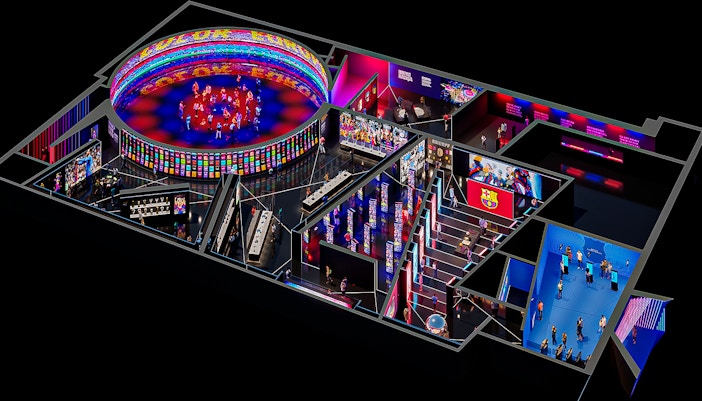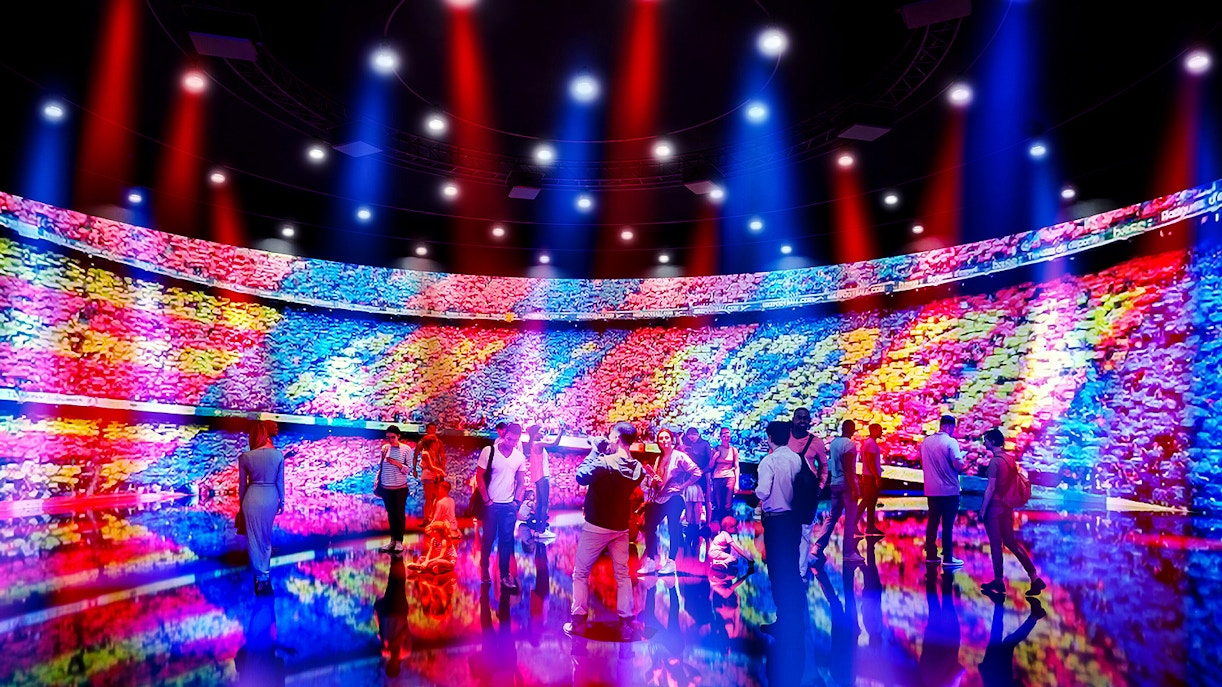Spotify Camp Nou opened on September 24, 1957, marking a major milestone for FC Barcelona and world football. Built to replace the smaller Les Corts stadium, it became the largest stadium in Europe at the time. The opening match was a friendly between FC Barcelona and a Warsaw XI, ending in a 4–2 victory for Barça. Eulogio Martínez scored the stadium’s first-ever goal.
Spotify Camp Nou history explained
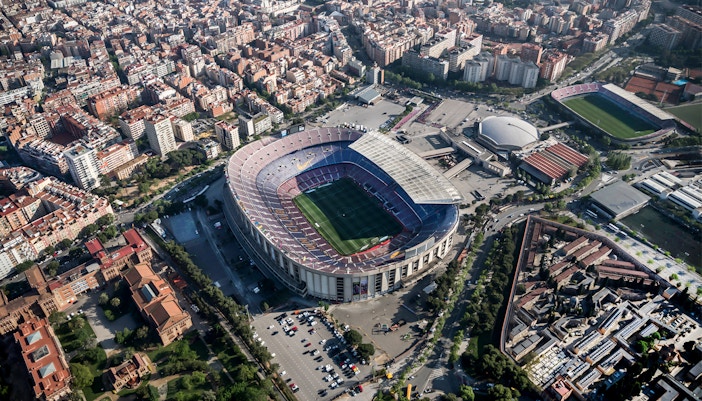
Opening of Spotify Camp Nou (1957)
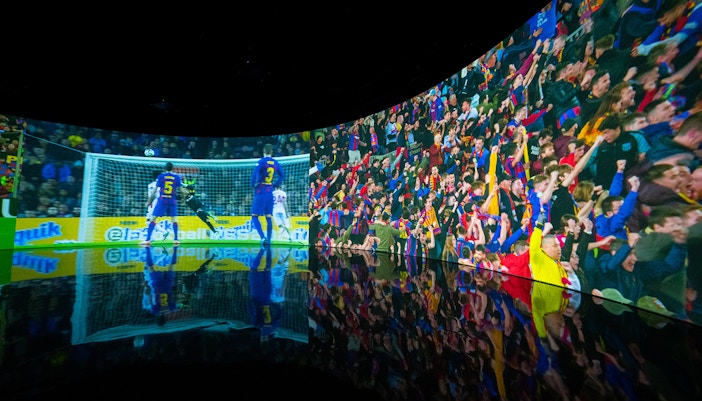
Hosting the 1982 FIFA World Cup (1982)
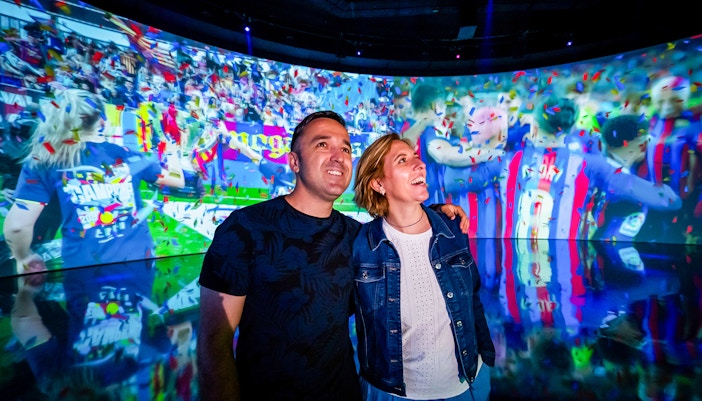
Rivaldo’s iconic goal (1999)
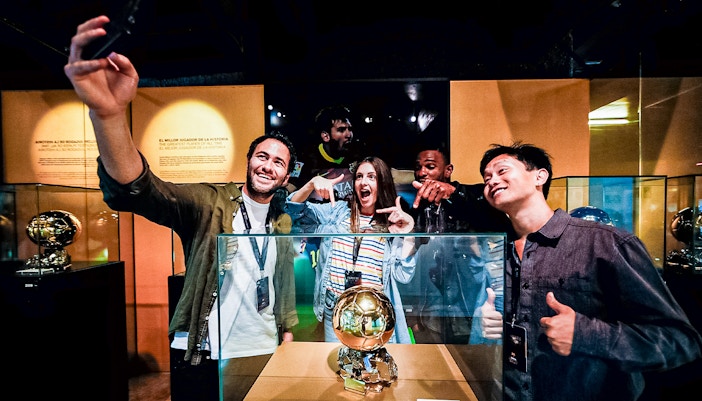
Launch of the Camp Nou Experience (2010)

Espai Barça project begins (2023)
